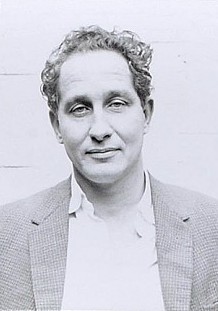A Quote by David Lidington
We must do better by offenders who are sent to prison to make them less likely to return.
Related Quotes
Our research shows that nearly 60% of recent offenders who engaged with a community-based alcohol programme did not go on to reoffend in the two years following treatment. Offenders given a community sentence including mental health treatment have also shown to be significantly less likely to reoffend.
People who believe that they are going to be excommunicated and shamed, or whatever other dark things may happen to them, are much less likely to enter open, loving relationships. And they are also much less likely to have the self-esteem that is required to be monogamous and loving. And in consequence, they are much less likely to create families.
There is a perverse comfort zone to living a small life. For women, that zone has to do with the fact that we're less likely to be challenged, we're less likely to be criticized, we're less likely to be called angry or strident, if we simply go along and acquiesce to the prevailing patterns of thought and behavior.
People who expect to feel guilty tend to be more sympathetic, to put themselves into other people's shoes, to think about the consequences of their behaviour before acting, and to treasure their morals. As a result they are less prone to lie, cheat or behave immorally when they conduct a business deal or spot an opportunity to make money, studies suggest. They are also likely to make better employees because people who think less about the future results of their actions are more likely to be late, to steal or to be rude to clients.
































